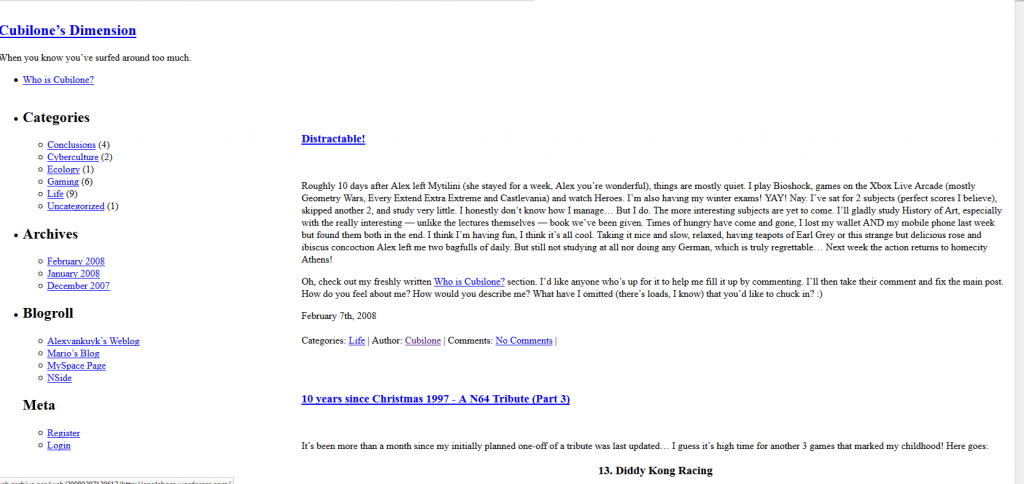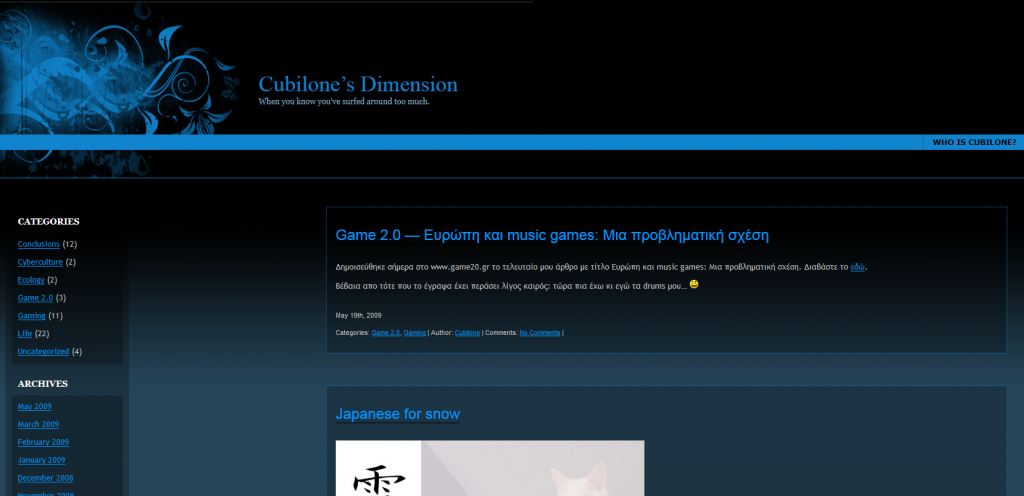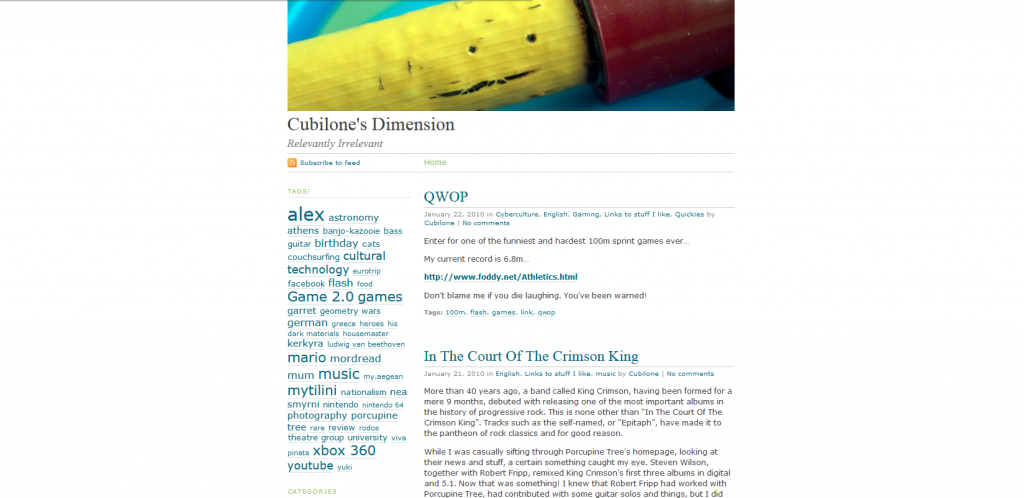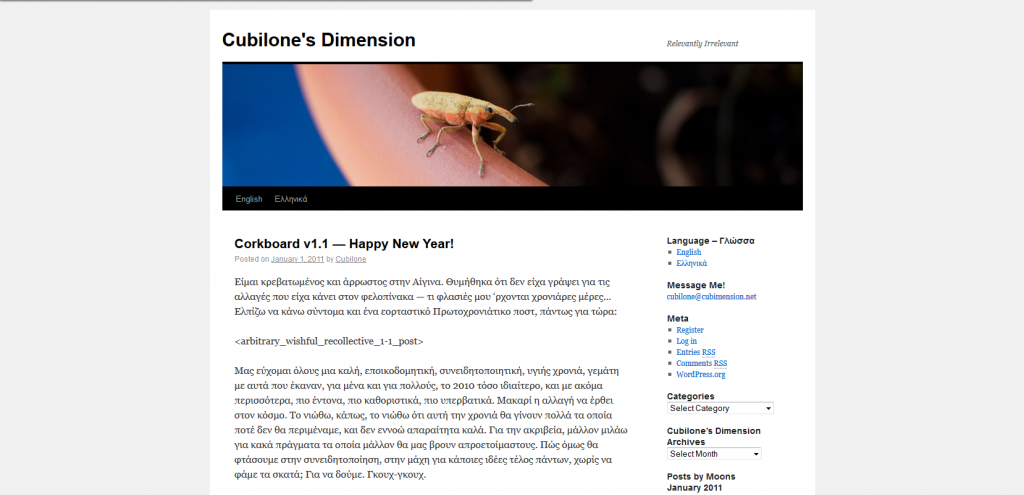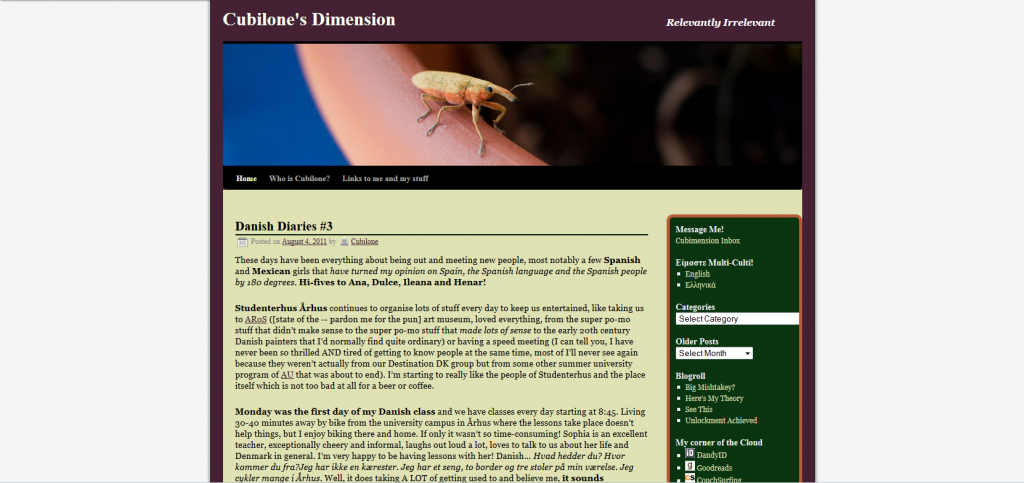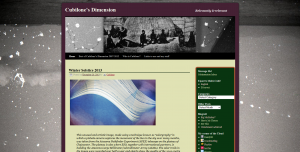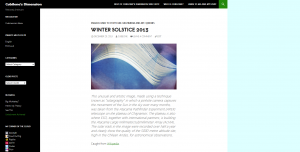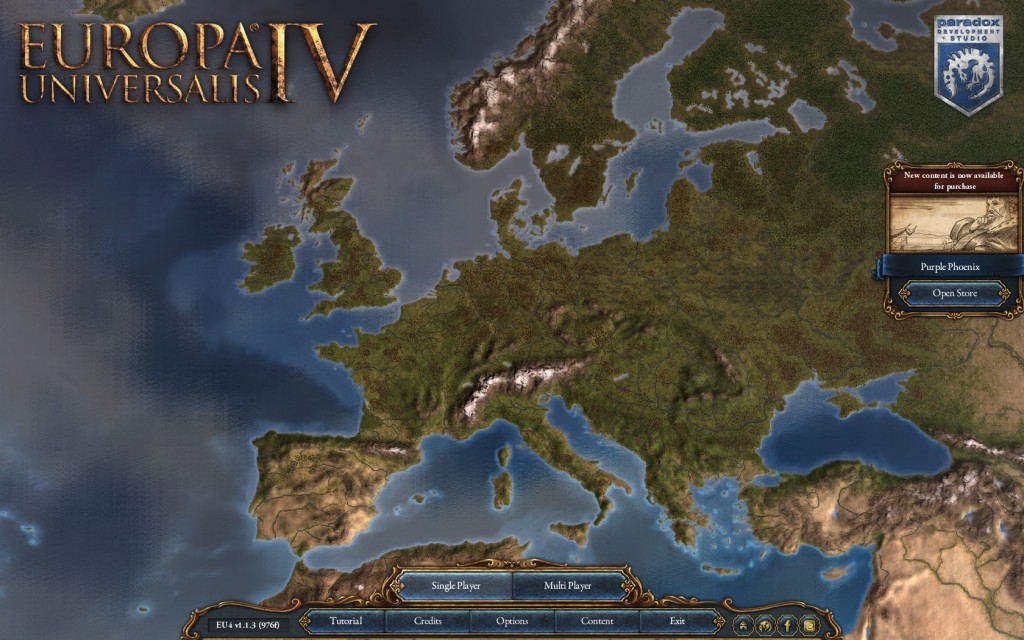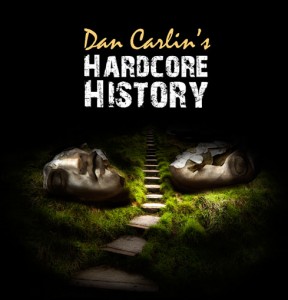 Sapiens: A Brief History of Humankind by Yuval Noah Harari
Sapiens: A Brief History of Humankind by Yuval Noah Harari
My rating: 4 of 5 stars
Another good read I went through in audiobook format. The nature of the book made me feel as if was actually following a series of superb university lectures on our species as a whole instead of reading a book on the topic, which, incidentally and as the title states, is precisely the ambitiously broad, sweeping topic of Sapiens.
Mr. Harari’s choronicle of humanity is marked by the pivotal moments in human history, what we understand today to be its big turning points: the cognitive revolution, when our ancestors seemingly started to communicate about ideas and common myths and create art; the agricultural revolution, which brought private property in the picture, kickstarted civilization (life in the city) and effectively”caged in” our forefathers (more on that later on); the scientific revolution, which shifted our belief system to the result-oriented materialism of the scientific method, and the industrial revolution which has recently resulted in the fundamental shifts we are going through right now, the kind of changes that have made it possible for me to write this review and you to read it.
Fairly standard issue up to this point, right? What you’ll really find in Sapiens, though, is no ordinary retelling of our myths of history; the fact that one of the book’s central themes is that the agricultural revolution was actually “history’s biggest fraud” should give you an idea of what we’re dealing with here.
I’ll shamelessly quote The Guardian’s review of the book — where, by the way, I first found out about Sapiens through Mr. Harari’s article/promo for this book –also tellingly– titled Industrial farming is one of the worst crimes in history” (isn’t it?)
It’s a neat thought that “we did not domesticate wheat. It domesticated us.” There was, Harari says, “a Faustian bargain between humans and grains” in which our species “cast off its intimate symbiosis with nature and sprinted towards greed and alienation”. It was a bad bargain: “the agricultural revolution was history’s biggest fraud”. More often than not it brought a worse diet, longer hours of work, greater risk of starvation, crowded living conditions, greatly increased susceptibility to disease, new forms of insecurity and uglier forms of hierarchy. Harari thinks we may have been better off in the stone age, and he has powerful things to say about the wickedness of factory farming, concluding with one of his many superlatives: “modern industrial agriculture might well be the greatest crime in history”.
There are plenty of interesting ideas to write about off of Sapiens. You may read the rest of The Guardian’s review for the gist, because I feel there’s just too many of them to mention here. But there are three in particular that I found exceptionally intriguing:
1) What seemingly sets humans apart from our faunal brethren and sistren is our ability to create fictions and myths–anything from religion to ideology to stories–and group around them, team up around them, live for them, die for them.
2) Imperialism is a nasty word with virtually zero positive connotations today. However, If you look at human culture around the world, from language to cooking to music to politics to art, empires and imperial activity have been responsible for most of what we recognize as the common and not so common heritage we treasure so. How come I’m writing in English right now and you get to understand my thoughts expressed on this screen? Alexander the Great spread what’s deemed today as enlightened Greek culture in what was then the known barbarian world–by conquering, butchering and intermingling loads of different peoples, of course. Same for the Romans, British etc.
3) It follows from the above that if there is a single one-way trend in human history is that we’re moving one step at a time from separate communities to larger, more complex organisations to a single, planetary consciousness, and it’s not just the invention of global telecommunications that’s led us here.
Consider, for example, as Mr. Harari invites us to, that in most cases what we recognise as individual, uniquely national dishes and cuisines is what’s left of global empires of the past: Italy had no tomatoes, no pomodori, before the 16th century; chili isn’t at all native to India, and so on.
Sapiens is full of such insights that in my opinion more than deliver what is promised on the cover: a brief history of humankind. I can safely put it next to Christopher Lloyd’s What On Earth Happened or Bill Bryson’s A Short History of Nearly Everything and add it to my core list of mind-expanding, impossibly broad works of non-fiction, and I wish I could mention everything I agree on with Mr. Harari in this review and his input I think is very significant.
The reason I’m giving Sapiens just four stars is that I find the book did not place too much emphasis on the way humanity is being detrimental to the health of its environment and planetary ecological balance (ancient sapiens killing off megafauna everywhere on the world nonwithstanding) and how this fact can and will mess everything up for us. Harari seems to envision as rather more possible a future where people as a species will become obsolete by emerging artificial intelligence or enhanced homo sapiens 2.0 godlike biotech creations that would be even more alien and incomprehensible to us than what we, the sapiens of today, would look like to people of the ancient world.
If any of this comes to pass, the greatest revolution yet is still ahead of us. But honestly, what’s most probably heading our way is somewhere between the technological dysutopia (no sp) imagined by the author and the ecocidal nightmare we’ve been moving into for a while. What’s interesting is that we’re going into this with an unprecedented feeling of unity: a global consciousness, as can be shown by the mere existence of Sapiens as a book, is reaching species. rather than national, racial or whatever, levels. Provided we stay alive for the show, it will all be incredibly exciting, not just impossibly depressing.
Wait a second: we’re already living it, aren’t we?
View all my reviews
 Samarkand by Amin Maalouf
Samarkand by Amin Maalouf



